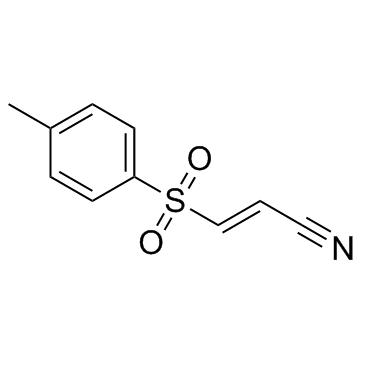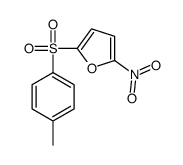| Structure | Name/CAS No. | Articles |
|---|---|---|
 |
BAY 11-7082
CAS:19542-67-7 |
|
 |
NSC697923
CAS:343351-67-7 |